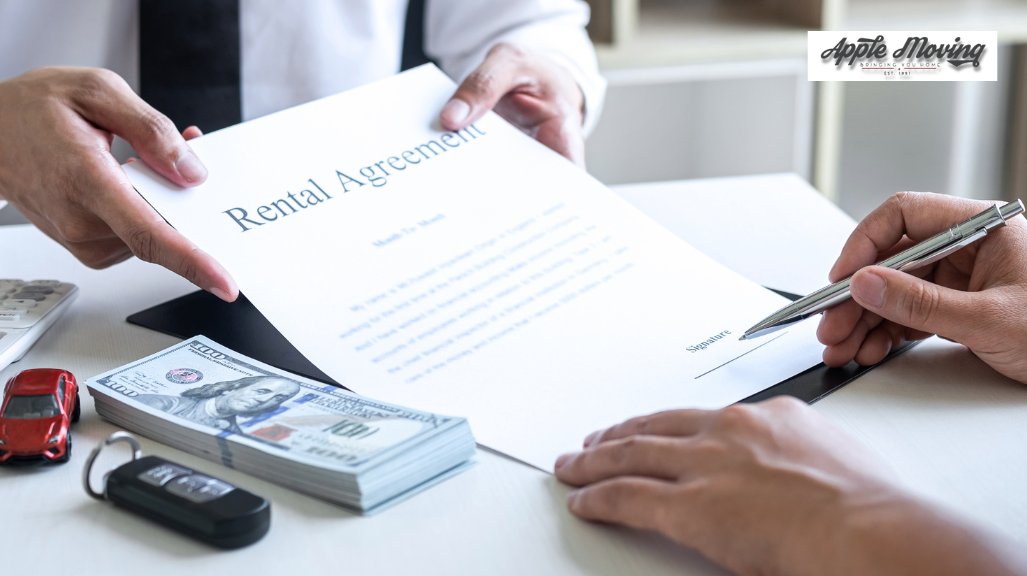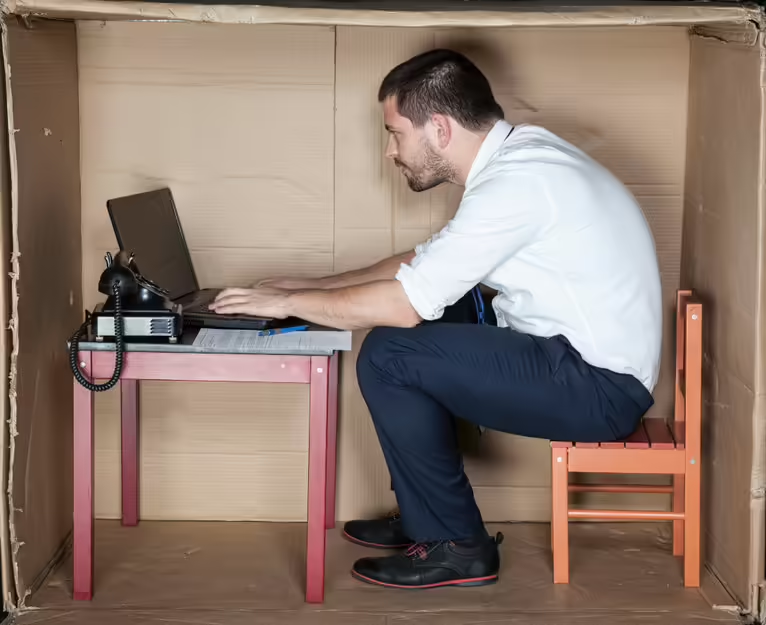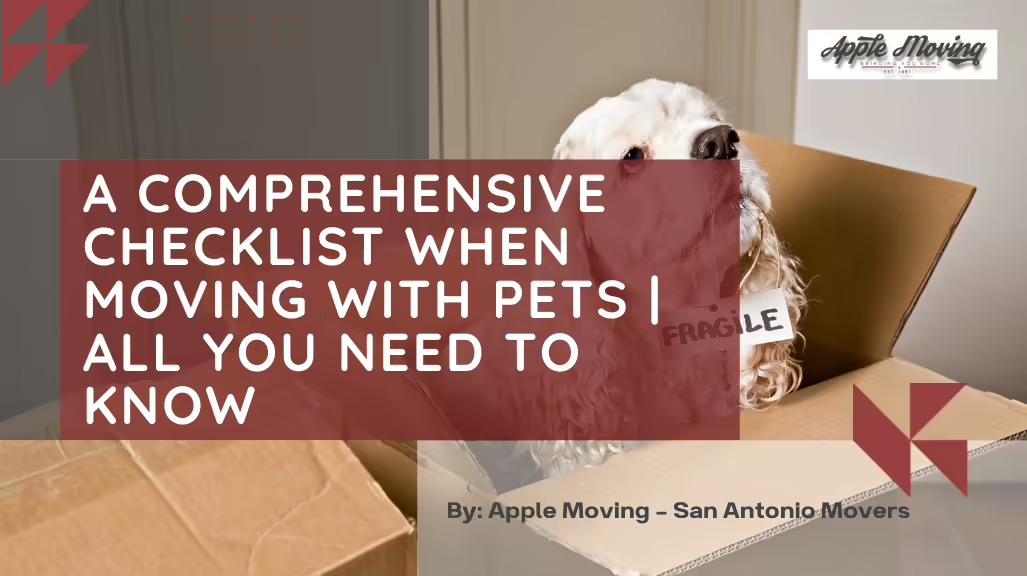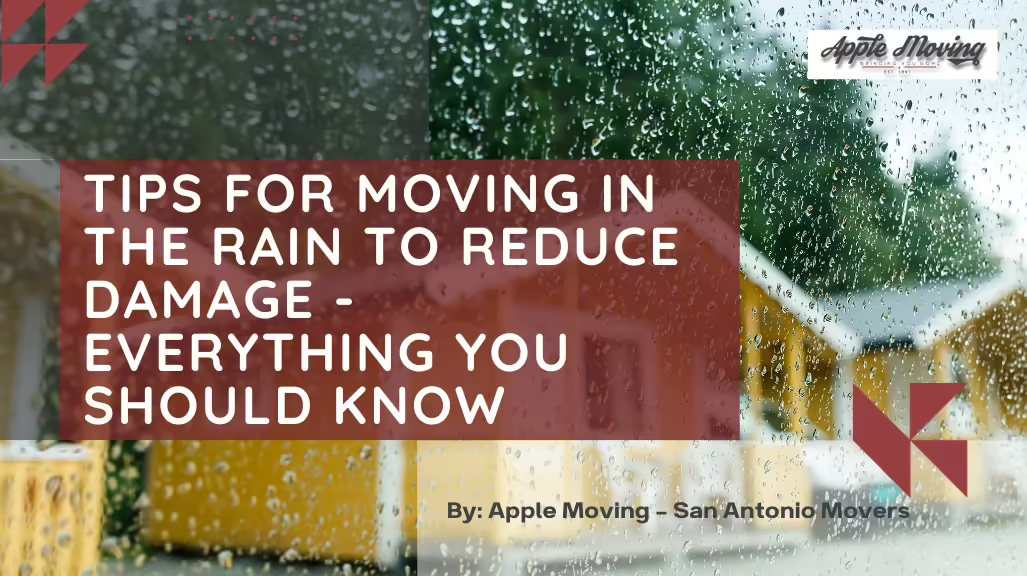Do you require renters insurance before moving into an apartment or rented home? You will need a renters’ policy to cover things you might need to replace. Most states don’t demand that you have renters insurance, but your landlord might have it listed as a necessity in the tenant agreement.
Landlord insurance covers the building and possibly the landlord’s personal property stored on the premises. However, their insurance company will not reimburse you for your belongings. That’s where renters insurance comes into play. Let’s learn more!

Why You Should Get Renters Insurance Before Moving
Is renters insurance required in Texas? No. State law doesn’t make you get renters insurance, but some landlords will. Likewise, having it is generally in your best interest because it can protect you in certain situations. Continue reading to learn more!
1. It Pays for Itself in Time
Sometimes, it’s confusing to understand renters insurance, so let’s break things down.
- Premium – This is what you pay for renters insurance, and it’s often an annual thing.
- Personal Liability Coverage – This is how much personal protection you have to cover you. The insurer pays up to that amount if you’re liable for injury or damage to someone else. It can include medical bills, repairs/damages, and legal fees.
- Deductible – This is what you must pay before the renters’ insurance policy coverage will start.
Typically, renter’s policy premiums have been lower than normal since 2015. In some cases, you’ll spend as little as $15 per month and get up to $40,000 in personal property coverage. Sometimes, you can combine the renters’ policy with auto insurance to get a multi-policy discount and save more.
2. It Helps If You’re Sued or Liable for Damage
You probably don’t expect bad things to occur, but they often do; it’s part of life. However, you might be liable for what happened. Whether it was an accident or negligence, you could be responsible, even if you rent the place and don’t own the property.
For example, a visitor, neighbor, or landlord might get injured because you didn’t clean up a spill. They might file a lawsuit; a renters insurance policy will help you.
Even a basic renters insurance policy will have significant amounts of liability coverage, and the minimum is generally $100,000.
Here are a few times when renters insurance can help you:
- Your child throws a ball that breaks the neighbor’s window.
- You break your aquarium, and the water leaks into another apartment.
- Your dog bites a resident.
- A relative visits and leaves a cigarette or candle unattended, which leads to fire damage to the property.
Be aware that renters insurance liability only covers third parties. If you get hurt, your medical expenses aren’t covered.
Typically, the landlord’s insurance will cover any structural damage. However, you might be liable if you personally caused the issue, such as smoke/fire damage from an unattended candle.

3. It Offers Personal Property Coverage to Protect Your Personal Belongings
Primarily, renters insurance protects your personal belongings.
Rental insurance is worth it. Let’s say you have a TV in the house; you bought it. If something happened to it or it got stolen, you want to ensure it’s covered. Renters insurance covers these things so that you’re not starting over or putting off buying new items because you don’t have the money.
Think about what you own currently, regardless of when you purchased it. How much will each item cost? Then, focus on how long it took to acquire all those things. Can you replace all your personal property if it was destroyed instantly?
Most renter’s policies come with personal property coverage. It covers theft for your home and car. However, pets aren’t included.
Likewise, you might need additional coverage, called riders, floaters, or endorsements, for musical instruments, artwork, antiques, jewelry, and electronics.
Overall, your personal property is covered under the renters’ insurance when you:
- Take Inventory and Update Your List – Use receipts, videos, photos, serial numbers, and documentation to make it easier to file a claim.
- Keep the Policy Updated – Coverage might lapse immediately if you cancel the payment method or don’t pay.
- Read Coverage Limits – This is the amount the insurer will pay for property damage.
- Get Comprehensive Plans or Flood Add-Ons – If you rent a house or are in a first-floor unit in Texas, storm and flood damage might not be covered by a regular policy. You might need additional coverage.
- Understand Replacement Cost and ACV – Most rental policies use actual cash value, which will deduct value based on use and age. It’s often better to go with replacement cost because it reimburses you with new items at the current market value.
4. It Helps If Your Rental Gets Damaged
Typically, the renter’s policies will cover expenses because of loss of use. This is what the insurance company pays for costs exceeding normal living expenses until you can find a new place to live or move back into the current apartment.
For example, your residence is uninhabitable because of a covered incident. The landlord’s insurance covers the structural damage and contents but not your personal items. Likewise, landlord insurance probably won’t help you move temporarily or extend coverage to tenants.
Tenants are often shocked to learn that landlords don’t have to cover the hotel costs if a property becomes unlivable. However, that’s where a renter’s policy is crucial. The additional living expenses and destroyed items you incur because of loss of use are covered.

5. It Might Be Required in the Rental Agreement
You might still be on the fence about a renters policy. Just remember that landlords are beginning to add clauses to the tenant agreements holding renters accountable for damages. These clauses will help landlords deal with significant legal fees, repair costs, and loss of rental income.
Therefore, don’t be surprised if the property management company or landlord chooses to require renters insurance.
Landlords often require tenants to have the minimum coverage, so renter’s policies are now mandatory. Some states demand it, though Texas isn’t one of them.
Always read your rental agreement and understand landlord policies before signing anything. You may also want to ask the landlord about specific coverage limits they might prefer, though any coverage is better than none.
How Much Renters Insurance Will You Require?
Many people wonder how much renters insurance they’ll need. The first step is to determine the value of your personal belongings. Think of how much you’d require to replace your furniture, clothing, and electronics if they were damaged.
Compare quotes from various companies and remember that the coverage limits, deductibles, and how much coverage you choose will affect the price you pay. Typically, higher premiums equal more protection, but that’s not always the case.
Is Renters Insurance and Homeowners Insurance the Same?
Homeowners insurance is what you would buy if you own your own home. It protects your personal property from a covered loss, such as natural disasters and other issues.
However, unlike homeowners insurance that covers the structural property, rental insurance will only insure your belongings and help with liability for any accidents that happen in your apartment or on the premises. Overall, it makes sense because you aren’t liable for the actual building unless you’re the one who caused the damage.

Hire Apple Moving to Help with Your Move
It is crucial to understand renters insurance coverage and why you need it to protect your personal property and the landlord’s premises. You’ve learned all about it today, ensuring you’re prepared for your move.
If you’re ready to move, it’s time to contact Apple Moving and request your free quote today!
FAQs About Renters Insurance in Texas
Should I Get Renters Insurance Before or After Moving In?
Landlords often require tenants to have renters insurance, but they usually give you leeway of up to one month to acquire it. However, getting it before you move to a new location is still wise. You’ll be covered if someone accidentally damages your items while carrying them into the apartment or damages the landlord’s property.
Do I Need Renters Insurance If I Move in with My Boyfriend?
Typically, this is considered a roommate situation. Each person should have rental insurance, and most insurance companies require it. This way, if someone leaves, the property is still covered.
Why Should You Consider Getting Renters Insurance?
Here are the reasons to consider renters insurance as a tenant:
- Protection for Personal Belongings – Know what you have in your home and be aware of their prices. For example, you might have gaming systems, televisions, smartphones, and tablets. What about your recliners, tables, chairs, and beds? You need to protect them and can often get additional coverage.
- Liability Coverage – You could be sued if someone gets hurt while in your apartment. Though you’re not legally required to have renters insurance, it’s generally a good choice and will cover things like dog bites, trips and falls, and more.
- Landlord’s Insurance Doesn’t Cover You – Most tenants don’t realize the landlord’s insurance coverage will not help them replace damaged items. Landlords typically have homeowners insurance to cover the physical structure, not the belongings.
Is Renters Insurance a Need or Want?
Many people wonder: is renters insurance required in Texas? Legally, you’re not obligated to buy it, but it’s often considered a need instead of a want.
Typically, “want” items are those you’d like to have if you can afford them. However, renters insurance will offer medical protection and the replacement cost of a covered event. It will also help with smoke, structural, and other property damage issues.




